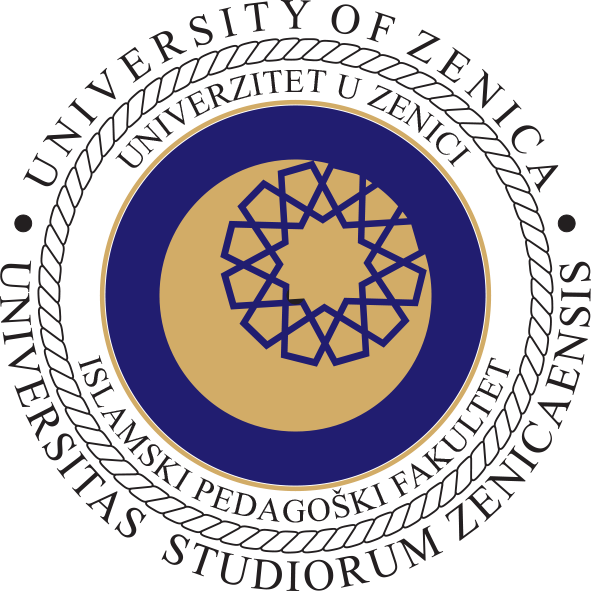The first islamic educational survey (1910-1911)
The Islamic educational poll (expert board) had the task of studying and offering solutions to a number of religious-educational and general educational questions in the field of elementary education, of which some had been ‘inviolable’ for centuries – such as secular education of female Muslim children, considering that strong opposition from pare...
By Bilal Hasanović
Expanted understanding of method in islamic education
The text discuses the notion of method in Islamic education.It offers broader understanding of the method based on the existence of implicational relation between decisions regarding method and content in the education. Scientific intervention in the area of content is represented through two complemental approaches. The first is from the position ...
By Edina Vejo
Our school on the threshold of change
Our educational system has broken away from the socialist doctrine of upbringing, but it hasn’t been consistent in adoption of new ideas, nor has it integrated itself, in an organised manner into the European developments, which are geared towards learning for the 21st century. The dominant dimension of social development is global education as a g...
By Dževdeta Ajanović
Terminological obscurity in the field of planning and preparation of the educational process
This work analyses the basic concepts in the field of planning and the development of an educational program. The term curriculum has been avoided in our educational public, or it had multiple interpretations that were not only characteristic for our pedagogical theory and practice but also for a significant number of other countries. Its numerous...
By Izet Pehlić
Mus’ab b. ‘Umejr, r.a. – the first ambassador of da’wa in islam
Mus’ab b. ‘Umejr, r.a. was one of the most diligent students of Allah’s Prophet, Muhammed s.a.w.s. He embraced Islam in his early years and wove into it all of his physical and spiritual strength. Even though his parents had mistreated him because of his devotion to Islam, by depriving him of food, drink and clothing, he remained steadfast on his p...
By Šefik Kurdić
The lingusitic achievement of professor dr. Teufik Muftic (1918-2003)
The passing of Dr. Teufik Muftic is an irretrievable loss, considering that he was the author of very valuable scholarly works in the field of study and understanding of Arabic. His prolific scholarly works are important for many fields, especially in the field of textbooks for the study of Arabic, writing of research works in Arabic and the gramma...
By Mehmed Kico
The feeling of guilt and remorse among those who planned and committed genocide
During WWII the German fascists committed genocide against the non-Germanic peoples, especially the Jews. Many innocent people were expelled from their homes, physically and psychologically tortured, and a great number of them were hanged or burned alive. During the aggression on Bosnia and Herzegovina a far more atrocious genocide was committed ag...
By Ismet Dizdarević
Sayyid Jamalluddin Al-Afghani 1254 1314/1838 1897) A forerunner in the interpretation of the Qur’an in the 14th century according to hijra /20th century
Although Sayyid Jamaluddin al-Afghani (1254 1314/1838 1897) hadn’t written his own tafseer, with his works and association with others he had greatly influenced the mufassirs, whose interpretation of the Qur’an had, in many ways, marked the 14th according to hijra / 20th century. Namely, those mufassir, in the first place, include Shaikh Muhammad A...
By Mensur Valjevac
The great mosque in Damascus – a work of symbiosis of islam and the culture of the orient
The emergence of Islamic art as a cultural and historical reality of Islam is linked to the Ummayads. The crowning work of Islamic culture of the Ummayad Period is one of the most interesting works of Islamic architecture in general - the Great Mosque in Damascus. This work marks the coming out of Islamic art from the phase of vacillation and a wav...
By Nusret Isanović
Verbal values of arabic deverbal nouns
The possibility to be realized verbal functions using some defined verbal nouns is considered to be specific morphological and sintax appearance in arabic language. All deverbal nouns – infinitives, participles, adjectives and noun of preeminence – have, in some different degree, functions like that. The participles are separated as nouns by the mo...
By Mejra Softić



